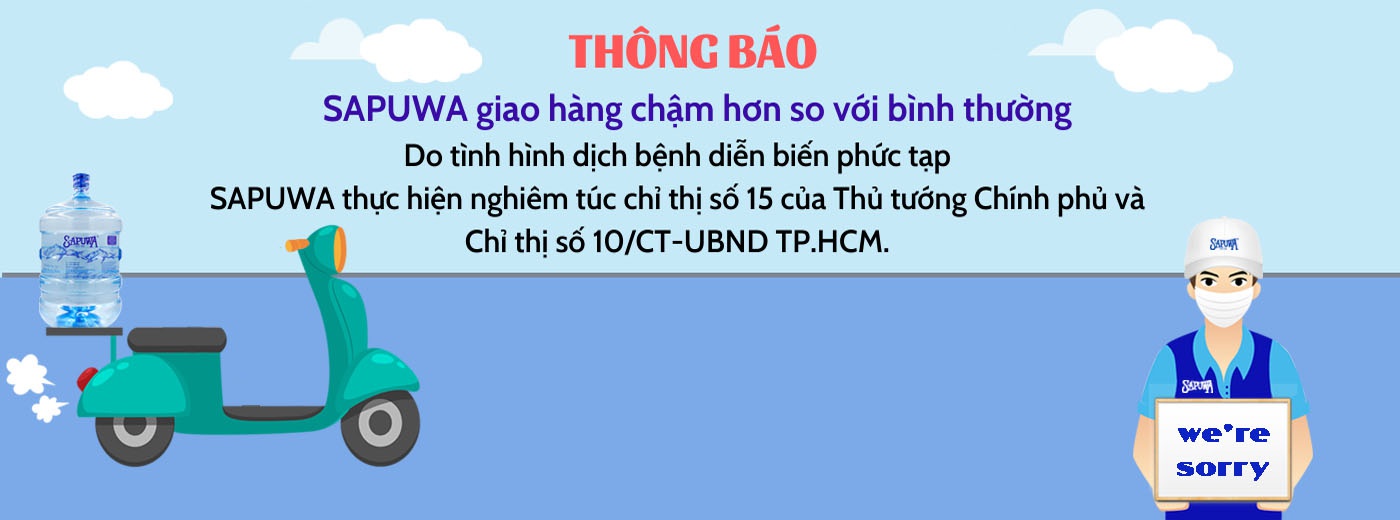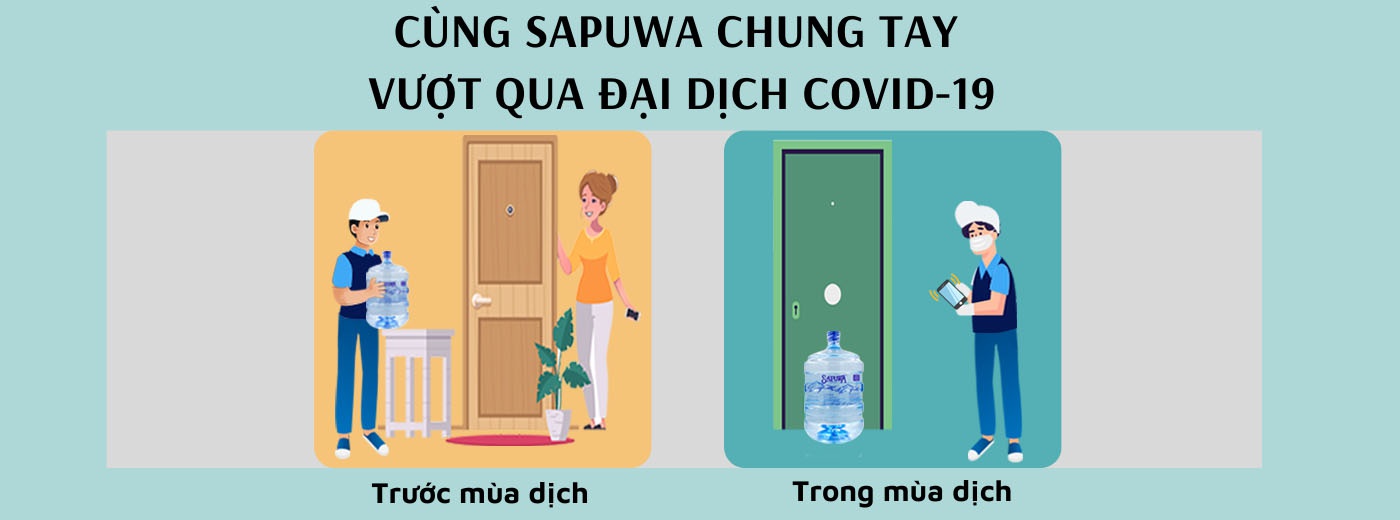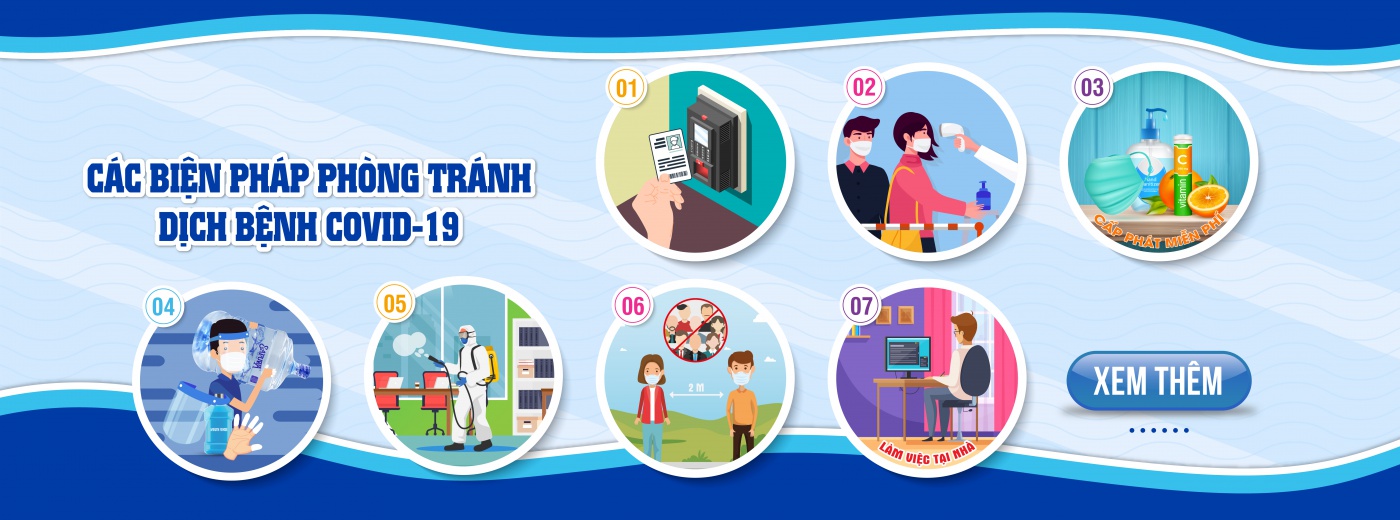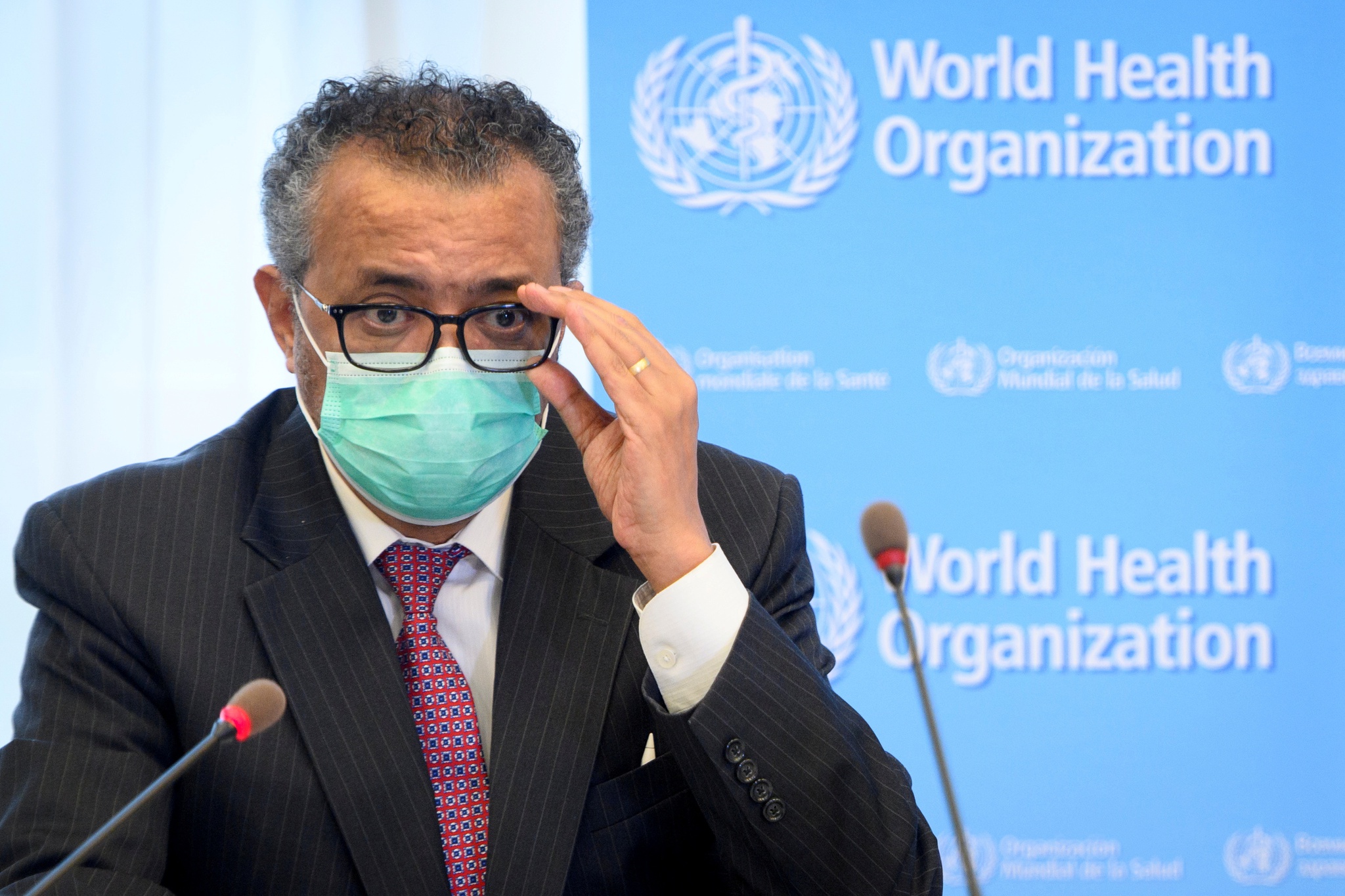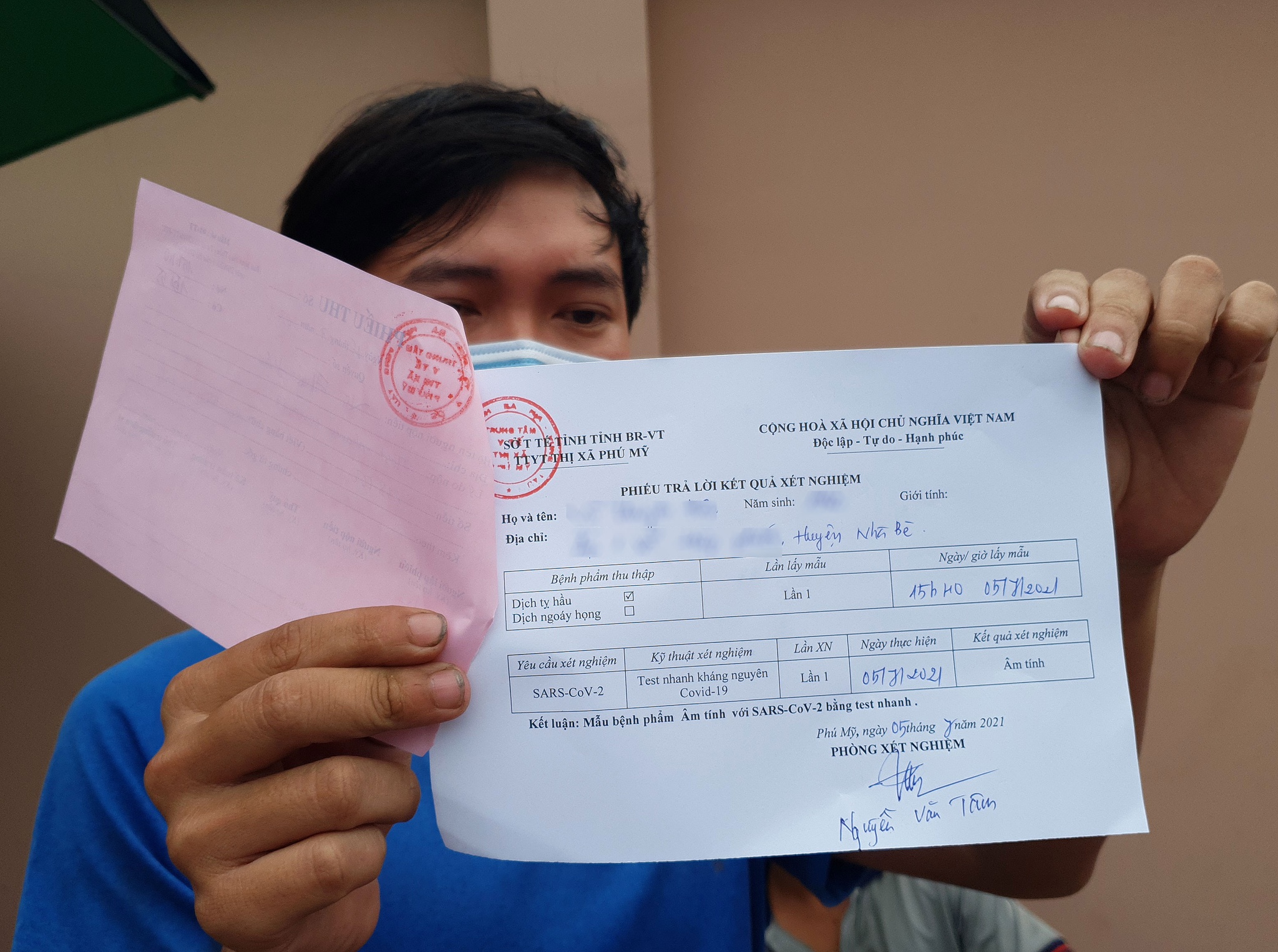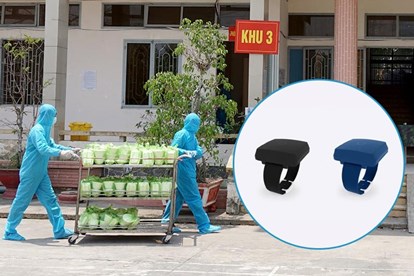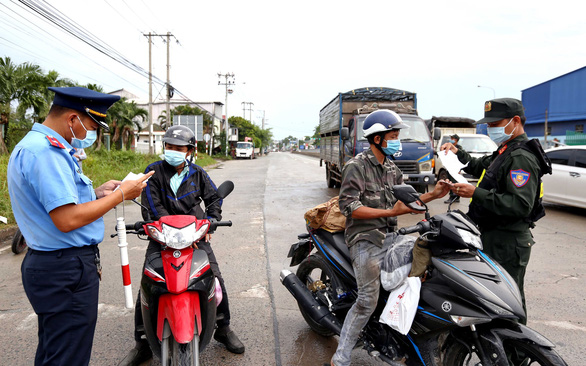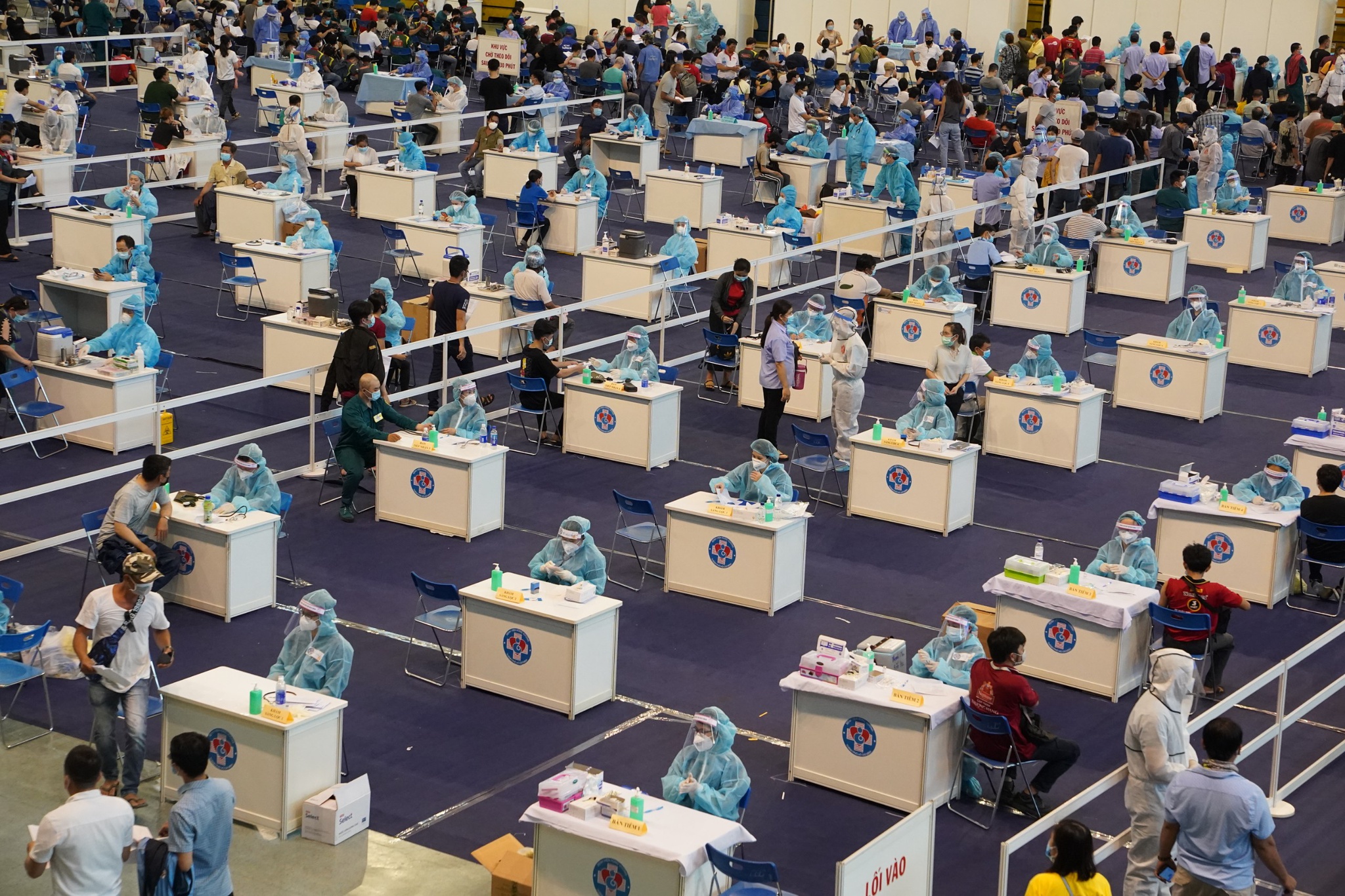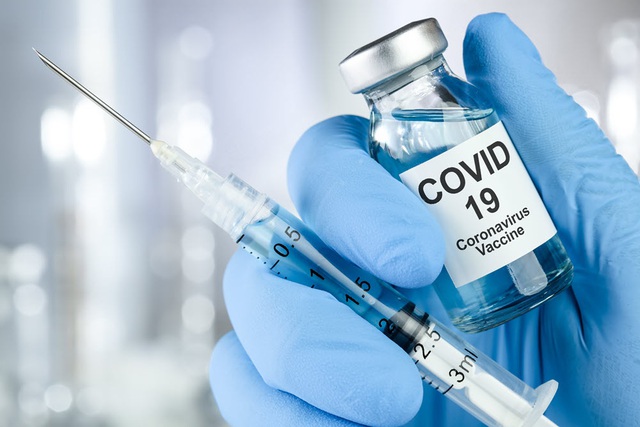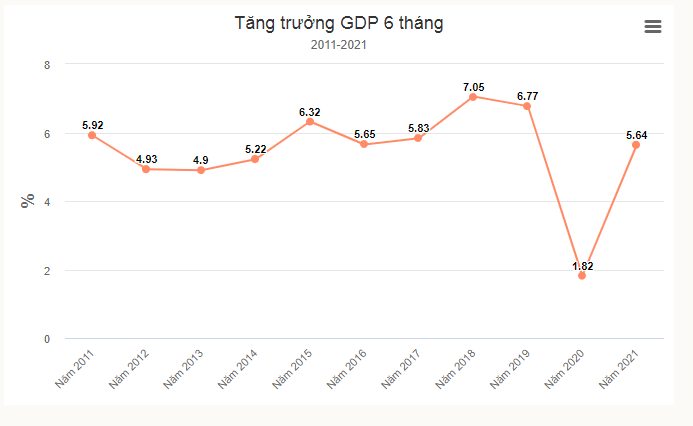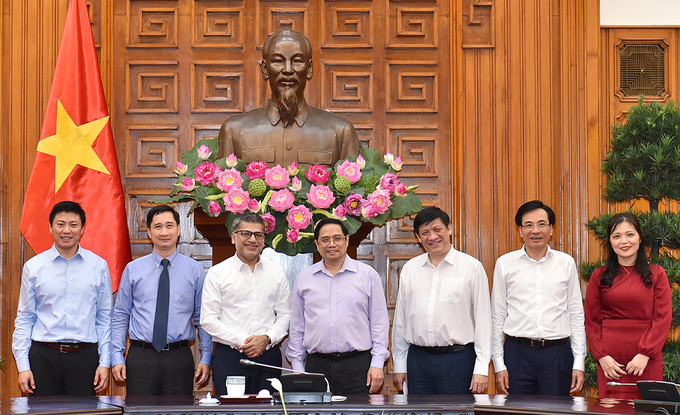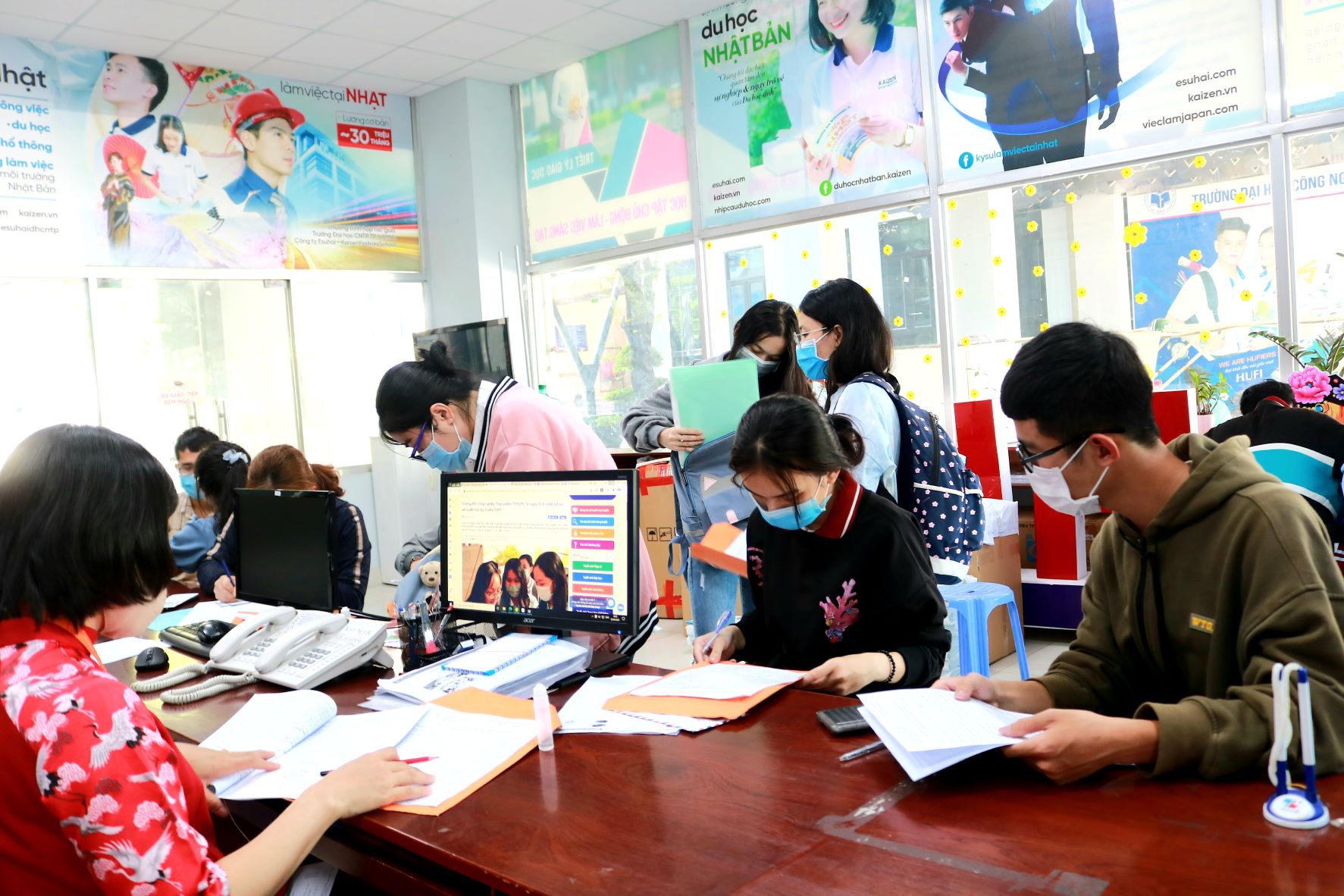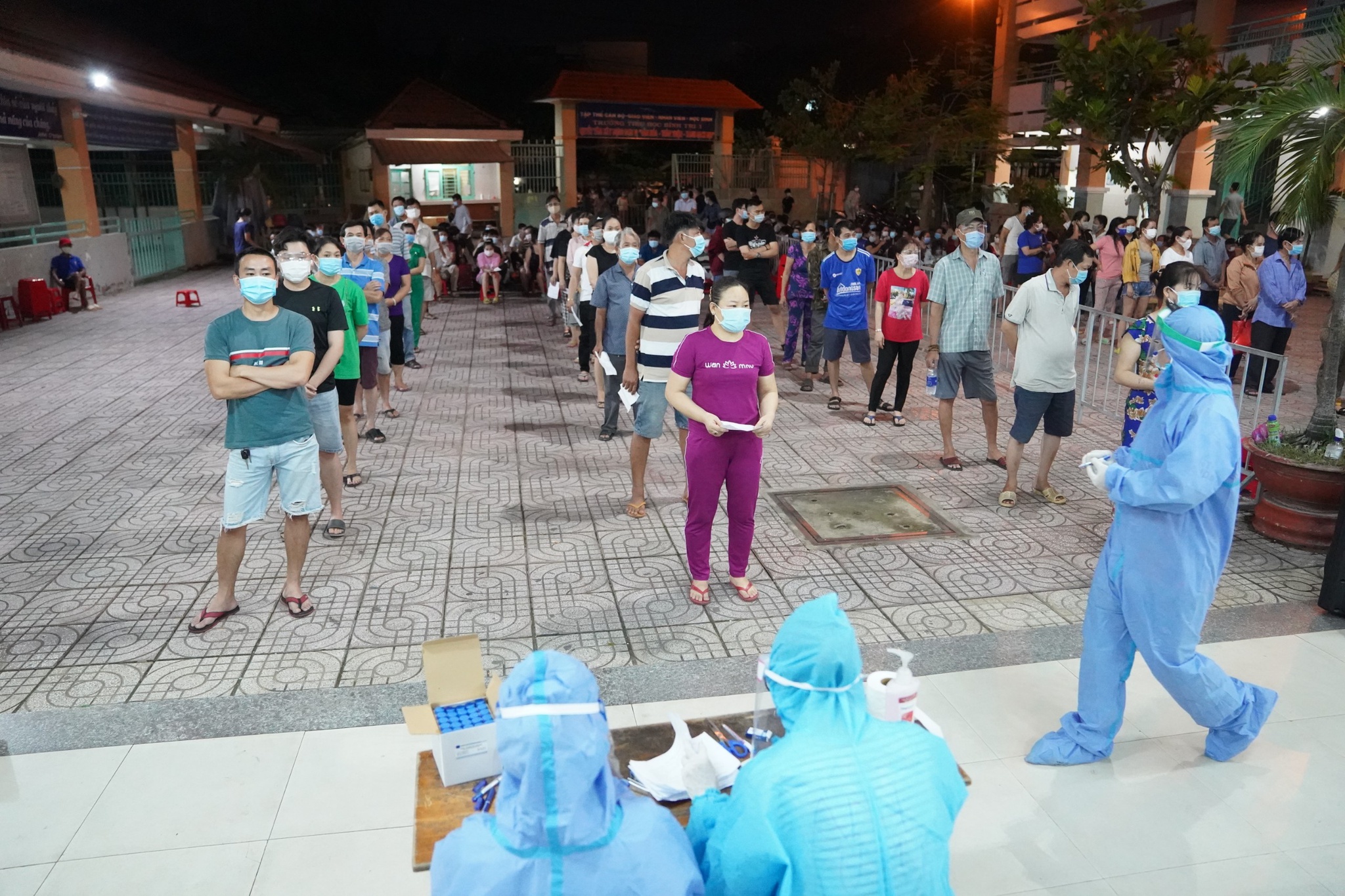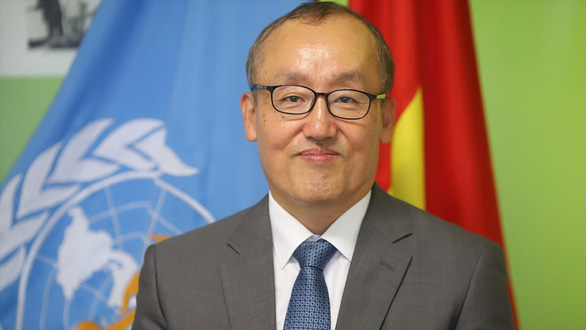THÔNG TIN SƯU TẦM

Travelling with your family during COVID-19
.jpg)
Travelling is a part of life for families across the globe – be it for necessity or recreation. But with the onset of coronavirus, this part of everyday life has become increasingly risky. If you find that you and your loved ones need to travel during the COVID-19 pandemic, here are some tips to help you do so more safely.
Is it okay to travel during the COVID-19 pandemic?
All travel comes with some risk of getting or spreading COVID-19. Before you travel, check if COVID-19 is spreading in your local area and in any of the places you are going. Do not travel if you or your family are sick, have any symptoms of COVID-19 or have been around someone with COVID-19 in the past 14 days. Family members who are at higher risk for severe illness (older family members, those with underlying medical conditions) should consider postponing all travel, including essential travel to high-risk destinations. Also consider postponing any visits to family or friends who are more likely to get very ill from COVID-19.
How should we prepare to travel together as a family?
If you do choose to travel, check for any travel restrictions, stay-at-home orders, quarantining and testing requirements in your local area and all places you’re planning to visit (check websites of Ministries of Health, Ministries of Foreign Affairs and local health authorities). Keep in mind, these policies may change with little advance notice and your travel plans may be disrupted. If you or your family get sick or are exposed to a person with COVID-19 during your trip, you may be isolated or quarantined and your return may be delayed. Some healthcare systems are overwhelmed and there may be limited access to adequate medical care in affected areas if you or your family become ill or are injured during the trip.
Check ahead what options are available at your destination for transport, food and accommodation. Remember that some businesses and services may be fully or partially disrupted in affected areas, including public transport, shops and restaurants, as well as popular tourist attractions – so check for the latest information on changes to services and procedures.
Additional considerations include:
- Before travelling, make sure you and your family are up to date with your routine vaccinations, including measles-mumps-rubella (MMR) vaccine and the seasonal flu vaccine.
- Make sure any family members taking medications bring enough to last for the entire trip.
- Choose the safest mode of transportation. Try to avoid air travel and cruises, where physical distancing may be difficult for prolonged periods. If using public transport, follow key precautions – physical distancing, limit touching frequently touched surfaces and wash or sanitize your hands frequently. Keep a row of seats between yourself and other travellers if possible. If travelling in a private vehicle, try to keep stops to a minimum by bringing sufficient food and drinks, and filling your vehicle with petrol in advance.
- Plan to avoid travelling at peak times and take routes that are less congested wherever possible.
- During your trip, plan to avoid visiting crowded spaces, poorly ventilated enclosed spaces, as well as any social or mass gatherings such as concerts, events and parties.
- Plan to bring your own food and drinks if you can.
What should we do if we plan to spend the night away from home?
If you plan to stay at a hotel or other accommodation, check in advance what prevention measures they have in place:
- Are staff wearing masks at work and practicing physical distancing, frequent handwashing?
- Are extra precautions in place, such as plexiglass barriers at check-in, modified layouts or barriers to allow for physical distancing between all staff, guests and visitors in the lobby, elevators and common areas?
- Is there an appropriate ventilation system in place?
- Is the hotel implementing updated policies for cleaning and disinfection?
When you arrive, disinfect any high touch surfaces in your room, including keys, doorknobs, remote controls, etc. If possible, open windows to help ventilate the room on your arrival. Consider requesting no cleaning or other room services to minimize the number of people outside your family in the room during your stay.
What safety precautions should we take while travelling?
While travelling, all parents and caregivers should take standard precautions for themselves and their children:
- Wash your hands frequently using soap and water or an alcohol-based hand rub
- Avoid touching your face (eyes, nose, mouth)
- Avoid crowded places, confined and enclosed spaces with poor ventilation
- Try to keep a physical distance of at least 1 metre from people in public
- Wear fabric masks when in public places where COVID-19 is widespread and physical distancing is not possible
- Regularly clean and disinfect frequently touched surfaces like phones, keys, doorknobs, light switches etc
- If you decide to eat outside, bring your own food and utensils. If this is not possible, choose the safest food option, such as take-out rather than eating indoors. Don’t forget to wash or sanitize your hands before eating
- Seek medical care early if you or your child has a fever, cough, difficulty breathing or other symptoms of COVID-19
What should we do when we return home?
After you return home, follow recommendations or requirements from your national or local authorities, and continue to follow all the key precautions – including watching for any symptoms of COVID-19 and seeking medical advice if they develop.
Source: unicef.org
Collected by My Nguyen
Tổng giám đốc WHO: Chưa thể loại trừ khả năng Covid-19 rò rỉ...
Người đứng đầu Tổ chức Y tế Thế giới (WHO) ngày 15.7 cho biết vẫn còn quá...
Một tuần đi qua
Vậy là đã qua được một tuần cách ly toàn TP.HCM theo chỉ thị 16
Khổ vì giấy xét nghiệm Covid-19
Ngày 5.7, tại cuộc họp trực tuyến của Ban Chỉ đạo quốc gia phòng, chống...
TP.HCM đề xuất giám sát người cách ly tại nhà bằng thiết bị...
Sở Thông tin và truyền thông TP.HCM vừa có văn bản đề xuất UBND TP.HCM về...
Không 'đóng cửa' nhưng sẽ kiểm soát chặt chẽ người ra vào...
TP.HCM không đóng cửa hay phong tỏa nhưng sẽ kiểm soát chặt chẽ người ra vào...
TP.HCM: Chiến dịch tiêm 836.000 liều vắc xin Covid-19 kết thúc hôm...
Tính đến hết ngày 29.6, TP.HCM đã tiêm trên 805.000 liều vắc xin Covid-19 trong...
Tại sao 'gánh' dịch, kinh tế vẫn tăng trưởng gấp ba cùng kỳ
Con số GDP 6 tháng tăng 5,64% khiến giới phân tích bất ngờ bởi 2 quý vừa qua,...
Đề nghị Astra Zeneca chuyển cho Việt Nam 10 triệu liều vaccine
Lãnh đạo Chính phủ đề nghị Công ty AstraZeneca tạo mọi điều kiện thuận...
Dịch Covid-19 lan mạnh: Không thi mà xét tốt nghiệp, trường ĐH...
Trước những mong muốn của thí sinh, phụ huynh tổ chức xét tốt nghiệp thay vì...
Dịch vẫn lan nhanh, TP.HCM cần thêm 'thuốc mới'?
Số ca nhiễm tại TP.HCM vẫn tăng lên, ở mức 3 con số mỗi ngày, dù đa số ở...
Trưởng đại diện WHO tại Việt Nam: Người dân TP.HCM hãy tuân...
Theo TS Kidong Park, vai trò của vắc xin trong việc kiểm soát ổ dịch cấp tính còn...
344567942350826358571066.jpg&w=1400&h=520)
522608805487.jpg&w=1400&h=520)
